Iraqi groups vow resistance after US announces end to combat mission
Iraq’s anti-terror Harakat Hezbollah al-Nujaba movement has dismissed the announcement that US forces have ended their combat mission in the Arab country, stressing that Washington cannot be trusted an inch and that resistance groups will continue their struggle until all American occupation forces leave.
“American forces cannot be identified as anything other than occupiers if they do not withdraw by the end of the current year. We express our support for the groups that are mounting resistance against occupying US forces,” the group's spokesman, Nasr al-Shammari, said in an interview with Lebanon’s al-Mayadeen television news network broadcast on Thursday evening.
Shammari, whose group is part of the Popular Mobilization Units (PMU) or Hashd al-Sha’abi, termed retaliatory attacks against US troops in Iraq "a great honor", saying, “We announce alliance with the groups that are targeting American forces.”
“The deadline for the withdrawal of occupying forces is winding up, and must be fully implemented. The resistance front will never face again the challenges it confronted between 2003 and 2011. The bloc is now stronger than ever,” Shammari pointed out.
“The main weapon in the hands of resistance fighters is their beliefs. This is something which they cannot separate the combatants from,” he said.
Qassim al-Araji, Iraq’s national security adviser, said on Thursday that a final round of technical talks to formally end the US-led combat mission, which was purportedly formed to fight the Daesh terrorist group, had concluded.
“We are officially announcing the end of the coalition forces’ combat mission,” al-Araji wrote on Twitter, adding that the coalition would continue providing assistance, advice and training to Iraqi forces.
There are about 2,500 US soldiers and another 1,000 coalition troopers currently based in Iraq. It is unclear how many will remain in the next phase of deployment in Iraq.
Earlier in the day, Secretary-General of the Iraqi al-Nujaba Movement Akram al-Kaabi reiterated the resistance group's readiness to fight US forces if they refuse to pull out of Iraq.
American occupation forces will pay dearly for their massacres of Iraqi people and distinguished figures, Kaabi said, stressing, “The United States will continue to be viewed as an enemy even after the withdrawal of its troops from Iraq.”
He pointed out that the United States has “formed many proxies to pursue its own interests inside Iraq. The fight against them is a legitimate and national duty. The occupation only understands the language of armed struggle.”
Kaabi stressed that Washington does not respect Iraq's sovereignty and does not recognize the authority of the Iraqi side it is negotiating with.
He said the statements of US officials “indicate that American forces will not withdraw from Iraq.”
The al-Nujaba chief also dismissed any disarmament of the Iraqi resistance groups that stood up against the Daesh terrorist group despite their limited capabilities at the time.
“How can we talk about disarming the resistance in a country that is still occupied?” he questioned.
Kaabi said Iraqi resistance fighters have turned into “a nightmare for the US and Israel which are making any effort in order to disarm them".
The weapons of the resistance groups "will safeguard the Iraqi nation, and cannot be taken away from them by any means,” he said.
US convoys hit by roadside bombs
In Iraq’s southern province of al-Qadisiyyah, a roadside bomb attack targeted a convoy carrying logistical equipment belonging to the US military.
Sabereen News, a Telegram news channel associated with the Iraqi Popular Mobilization Units, said the explosion took place near the provincial capital city of al-Diwaniyah on Thursday evening.
The development came shortly after a roadside bomb exploded near a convoy of trucks carrying equipment for US forces. The convoy was moving on a highway in the central Iraqi province of Babil.
No group has yet claimed responsibility for the blasts, which were the latest in a series of attacks targeting US forces in Iraq in recent months.
Anti-US sentiment has been running deep in Iraq since last year's assassination of Abu Mahdi al-Muhandis, the deputy head of the Popular Mobilization Units, along with the region's legendary anti-terror commander General Qassem Soleimani in Baghdad.
They were targeted along with their companions on January 3, 2020, in a terrorist drone strike authorized by former US president Donald Trump near Baghdad International Airport.
Two days after the attack, Iraqi lawmakers approved a bill that requires the government to end the presence of all foreign military forces led by the US.
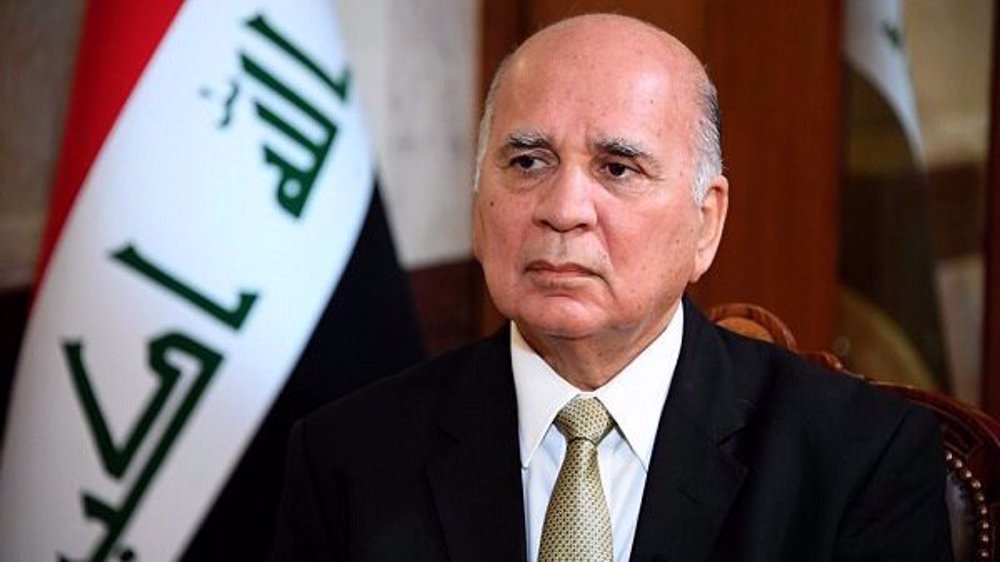
Iraq asserts commitment to security agreement with Iran
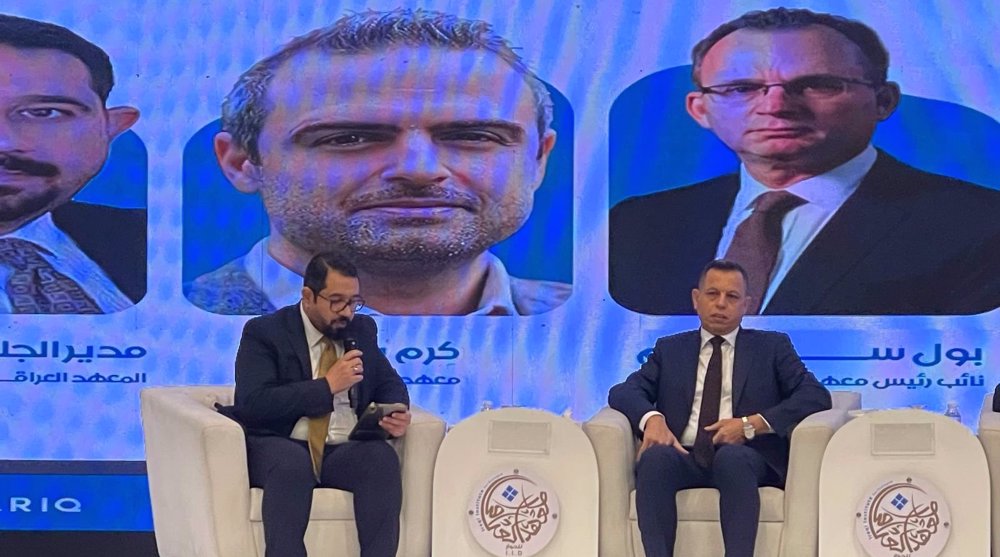
Iraq warns Syria over security threats posed by Daesh remnants
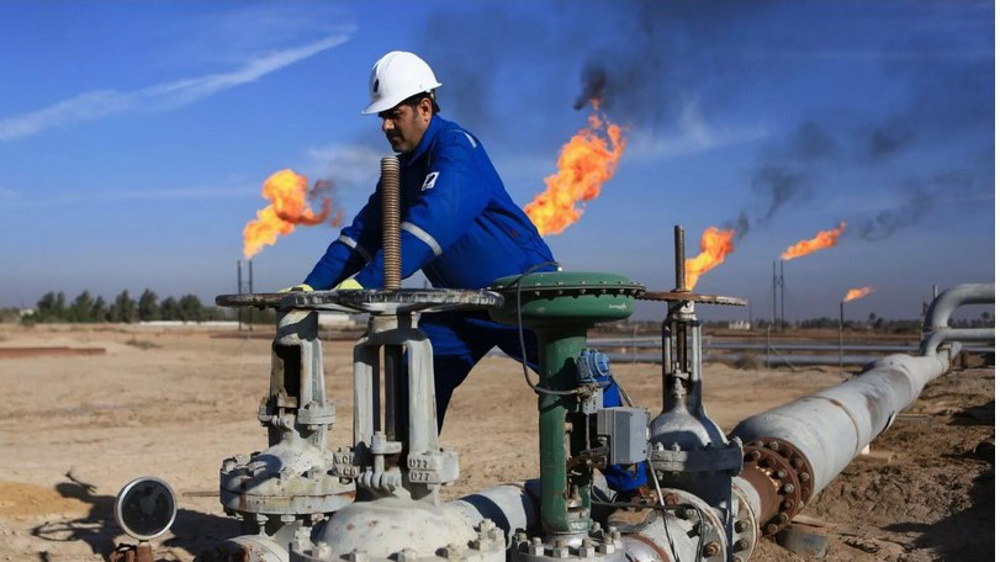
Iraq denies it is resuming oil exports from Kurdistan under US pressure
Iran: No negotiations with US until threats, sanctions persist
Iran slams US 'maximum pressure' policy as 'crime against humanity'
Yemen’s strikes ‘drained’ US Navy’s munitions: Report
Iran's UN mission on Trump’s claim: ‘We’ve not received such a letter yet’
Israel’s siege on Gaza part of its ‘war of extermination’: Hamas
Arab League summit: Opportunists and collaborators posing as champions of Palestine
Iran summons British ambassador over ‘baseless’ accusations
Sanctions not working against Iran: UN nuclear chief


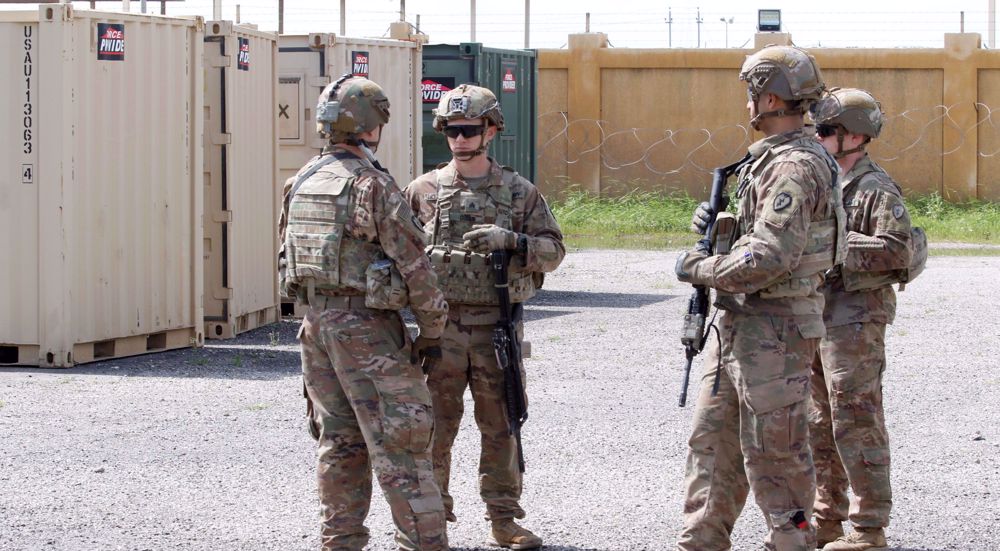
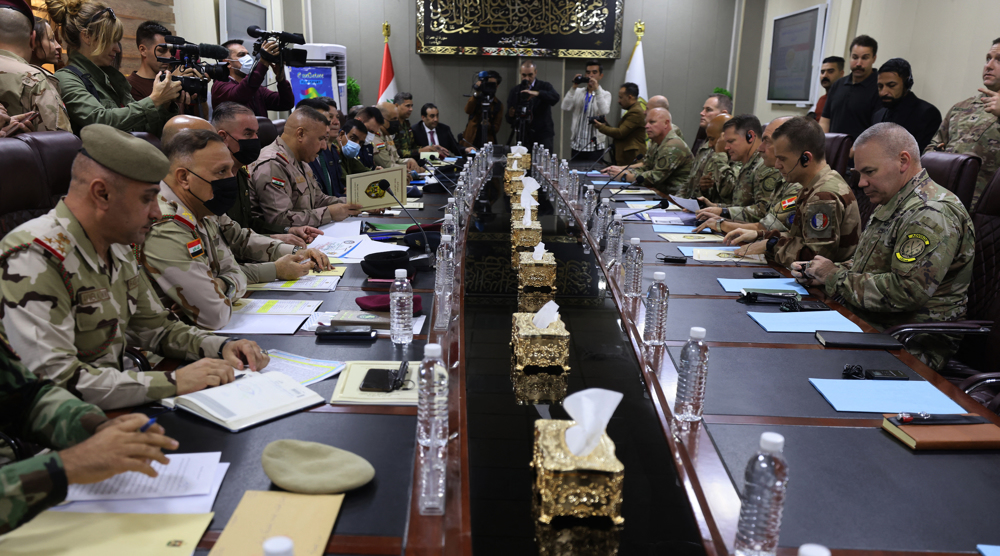
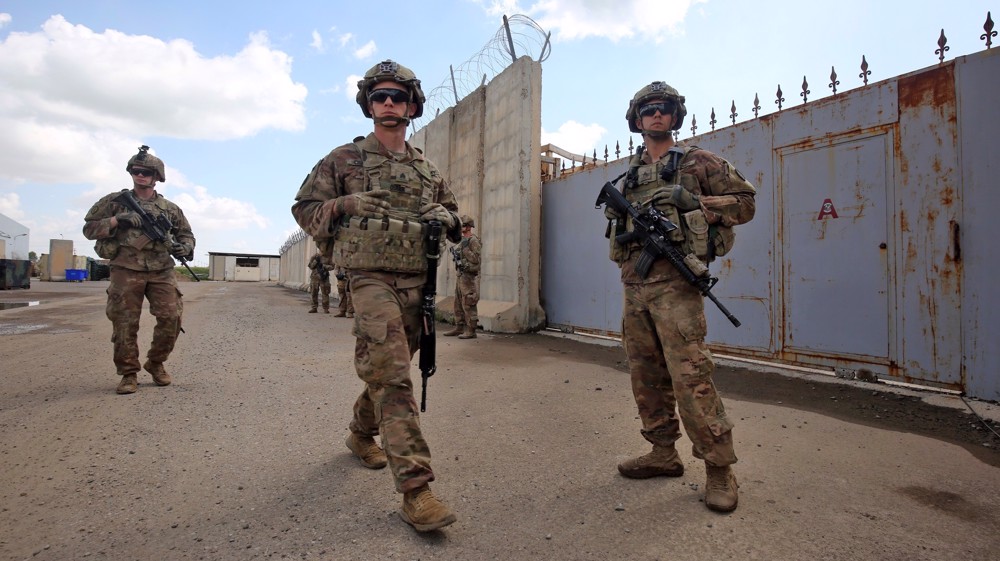
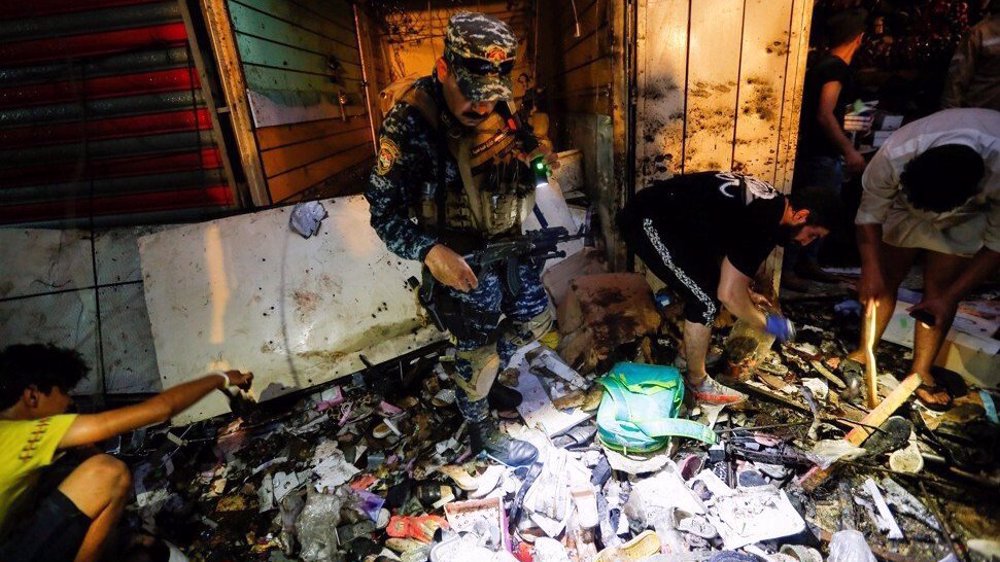



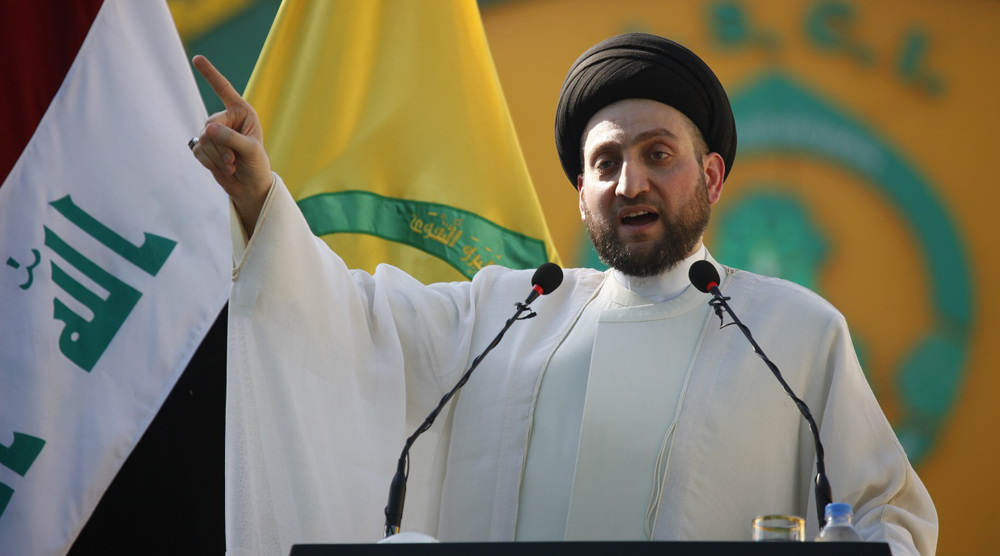
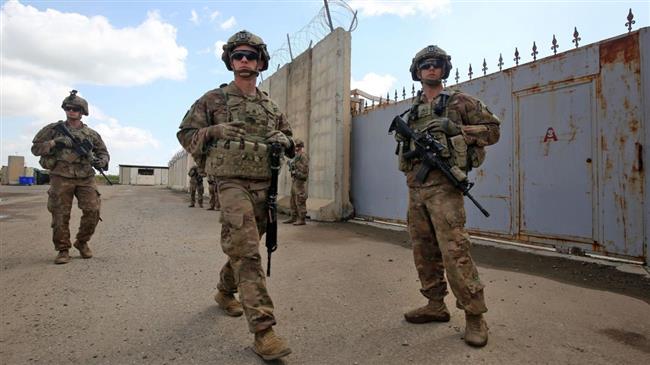
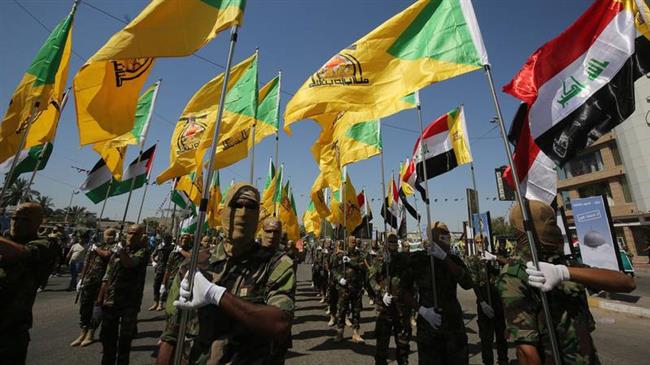
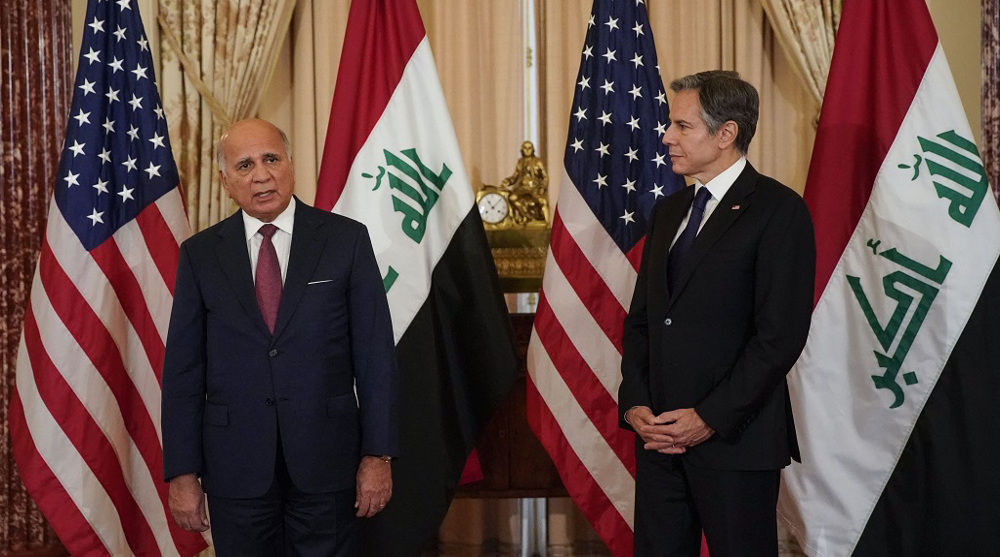
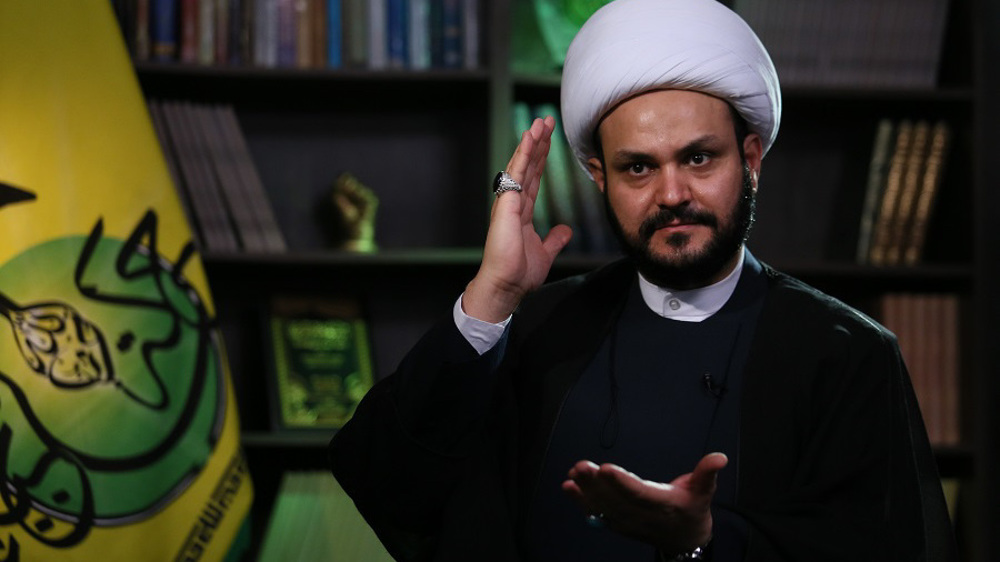
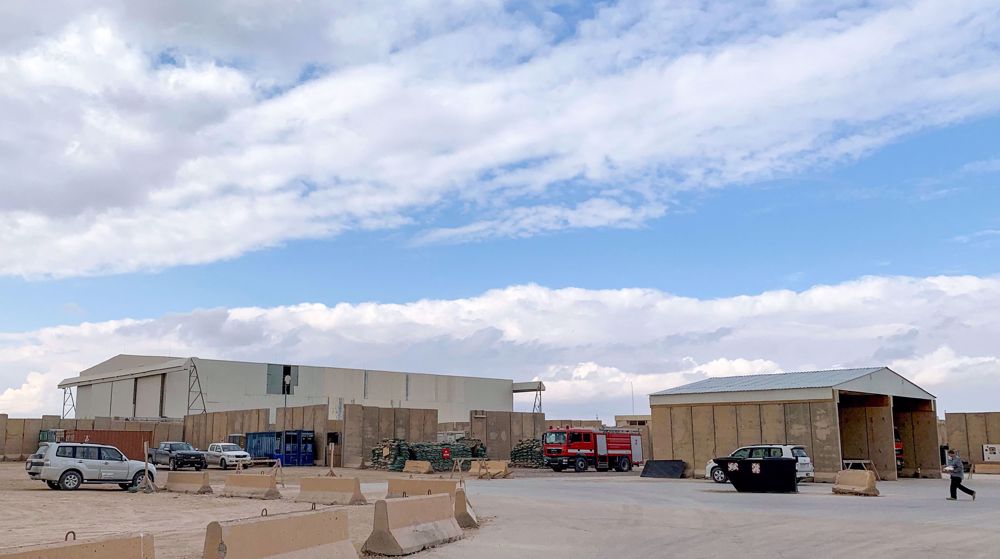
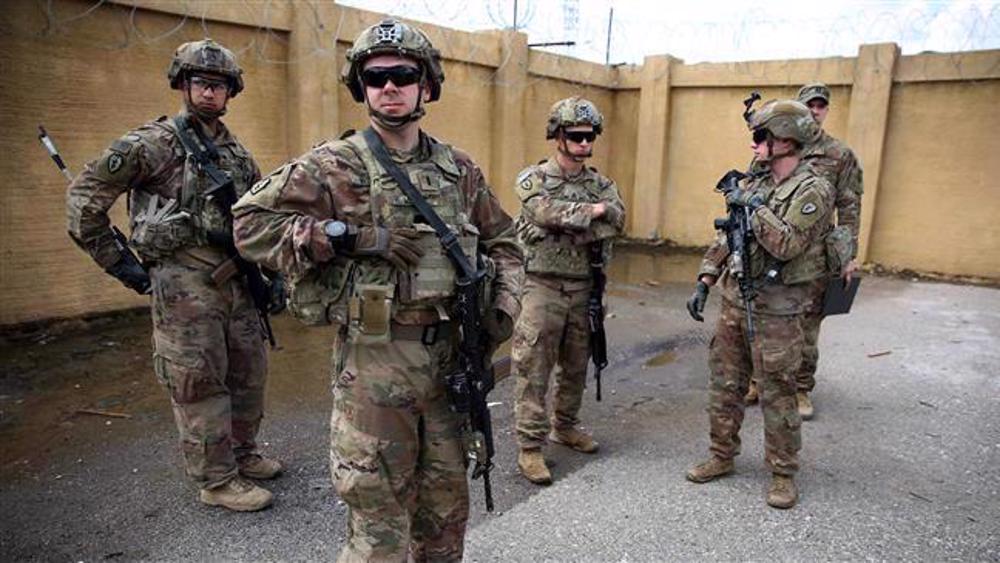

 This makes it easy to access the Press TV website
This makes it easy to access the Press TV website